Get to Know Your Cup
Time to rub those eyes and take a closer look at your 109-year-old Open Cup, U.S. Soccer’s annual national championship that pits underdogs and big dogs – top-tier pros and amateurs alike – in direct competition.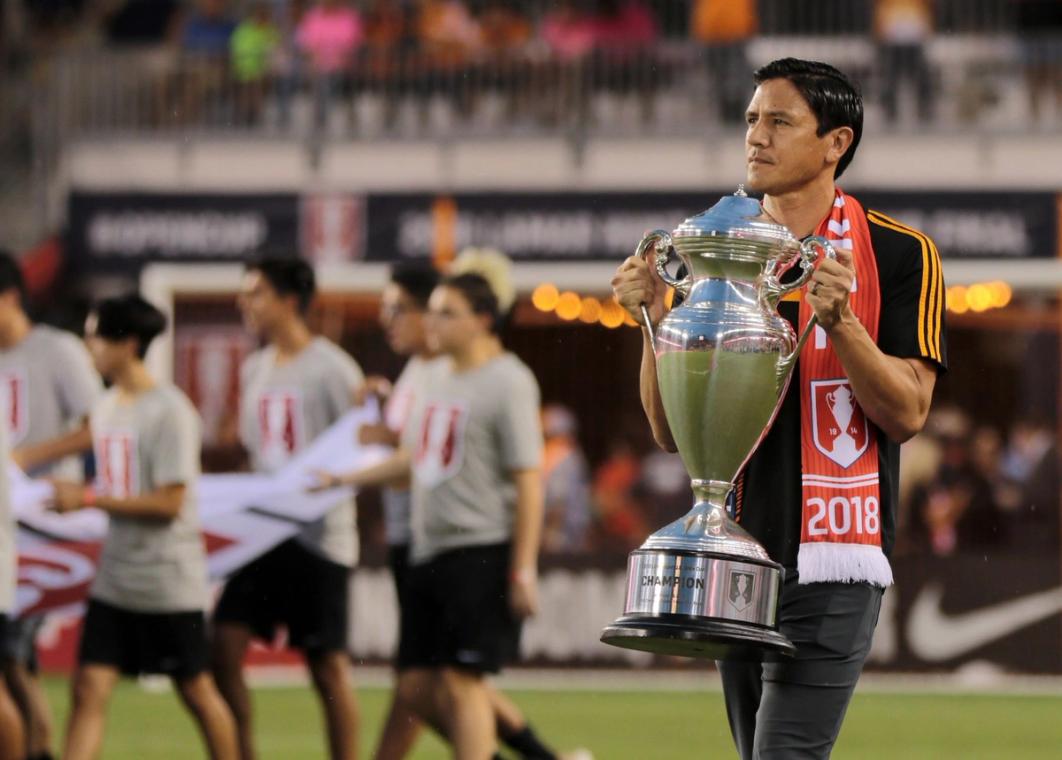
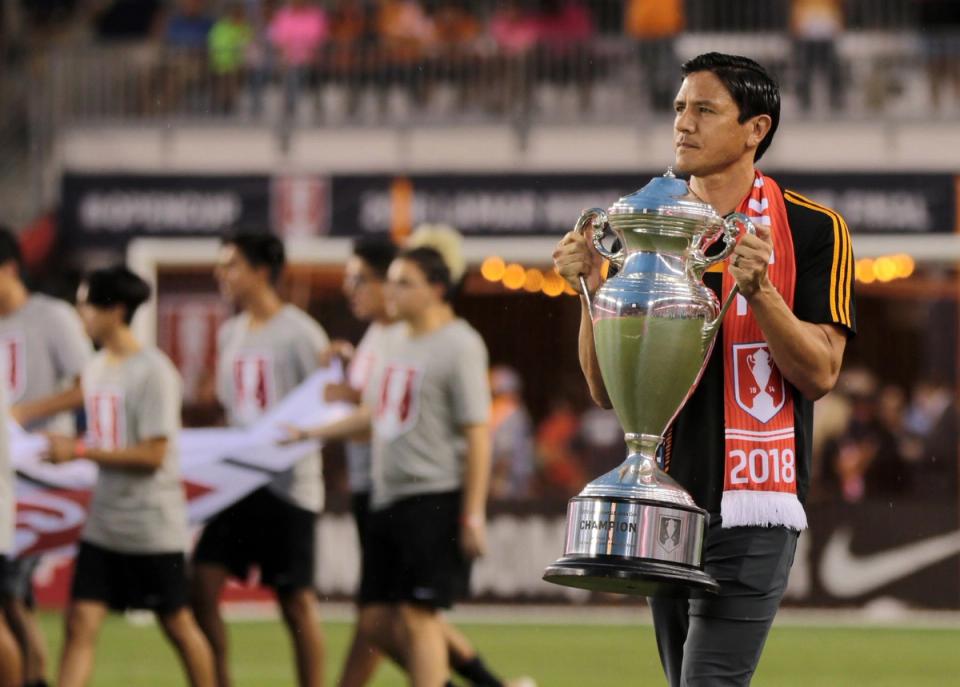


The first Open Cup, known then as the National Challenge Cup, was played way back between November of 1913 and May of the following year. The tournament has produced an American soccer-football champion every year since, with the exception of a two-year pause caused by the onset of COVID-19.
It’s a single elimination tournament with an open format and it showcases all levels of the American game. Our Open Cup is full of history, huge upsets and, of course, the occasional foray into the world of the weird and wacky.
It was played in May of 1914. The venue, Coats Field in Pawtucket, Rhode Island, no longer stands. Approximately 8000 people paid 25 cents each on that warm spring day to watch Brooklyn Field Club beat borough neighbors Brooklyn Celtic 2-1 and lift the Dewar Cup for the first time.
The Open Cup is the oldest soccer competition in the United States. It’s also the country’s oldest annual tournament for team sports. While American professional soccer came and went through the 20th Century, the Open Cup has remained a fixture, steady on, for well over a century.
All the many and varied league competitions are wonderful, including the annual fight for the MLS Cup at the top of the pyramid of American professional soccer. But the Open Cup – renamed in 1999 to honor the late soccer pioneer Lamar Hunt, whose admiration for our tournament was well-known – is the only competition that names an undisputed national champion from an open pool of participants.
With competitors hailing from the amateur, Sunday-league level, all the way up to the high-profile stars of Major League Soccer, the Open Cup winner is THE champion of American soccer each year.
A team from north of the border might occasionally lay hands on the MLS Cup, like Toronto FC did in 2017, but they won’t ever get their paws on our silverware. The Open Cup is contested by teams based in the United States exclusively.
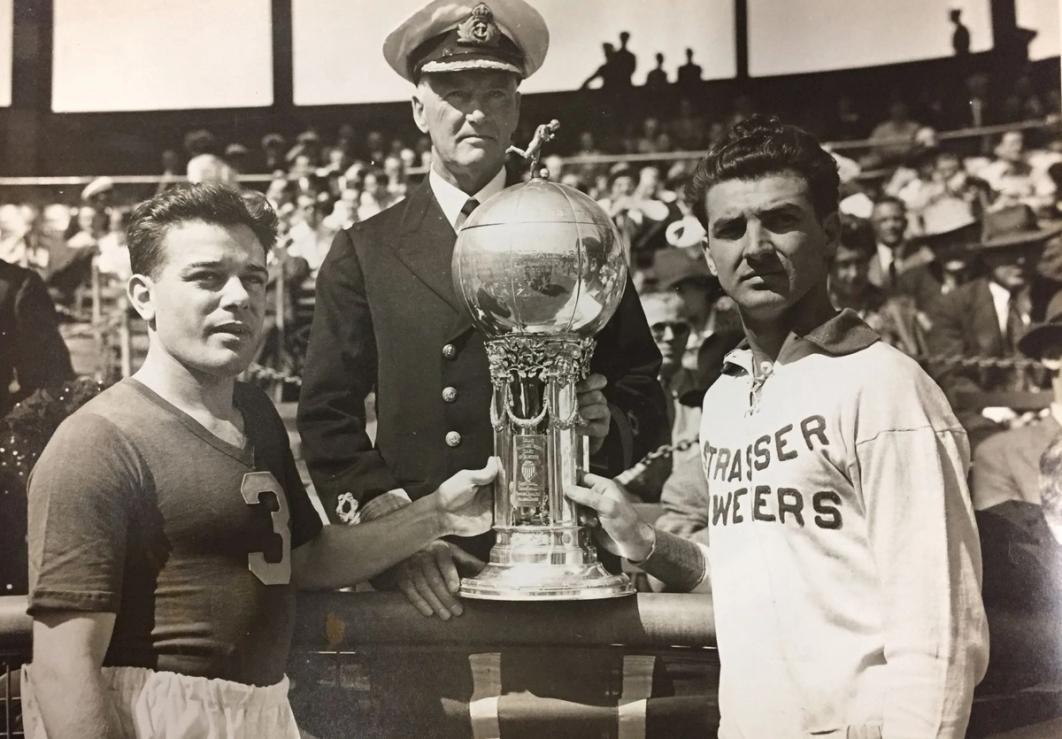
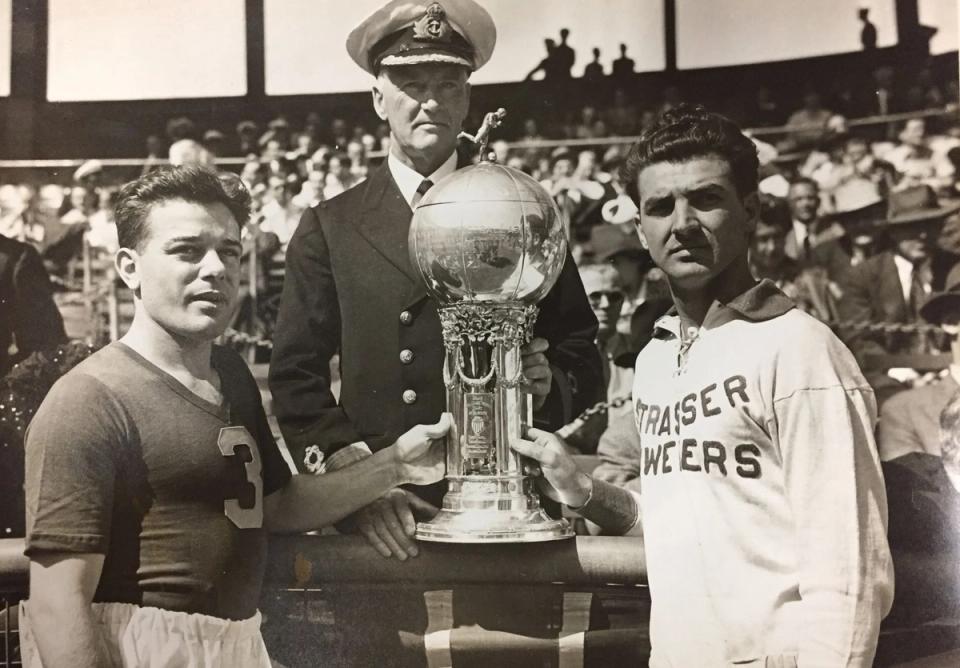
Only American clubs can have their name engraved on Sir Thomas Dewar’s Cup – the original prize, gifted by its namesake and Scottish whiskey baron. The trophy itself is a glory of early 20th century design that’s taller, and weighs more, than the best-fed toddler. It’s currently living out its golden years behind glass in the National Soccer Hall of Fame in Frisco, Texas.
Clubs from 18 different States have lifted the U.S. Open Cup through the years, with the Sunshine State of Florida joining the party – via defending champions Orlando City of MLS – in September of 2022. New York has the most titles with 26, though the Empire State’s latest win came way back in 1999, when the Ragin’ Rhinos of Rochester pulled off one of the tournament’s biggest-ever shocks.
California has 15 titles and Pennsylvania’s got 14. Teams from 13 other states (and the District of Columbia) have also put up the Cup.
Chicago Fire, Seattle Sounders and Sporting Kansas City are all on the cusp of equaling the record of most wins for a club in Open Cup history (five). Another title for any one of these four-time champs would bring them level with the likes of Bethlehem Steel, the country’s first soccer super-power who won their five national titles between 1915 and 1926.
The Fall River Marksmen might have also won five Open Cups, though controversy rages about the Massachusetts’ side's fifth title, earned in 1932 as the New Bedford Whalers).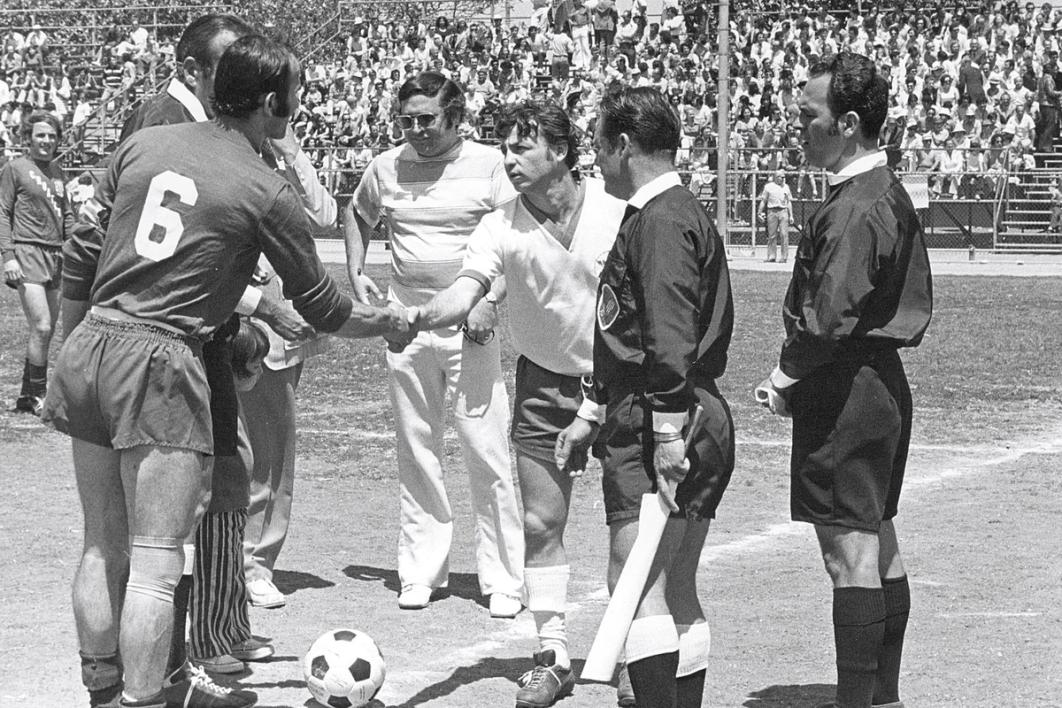
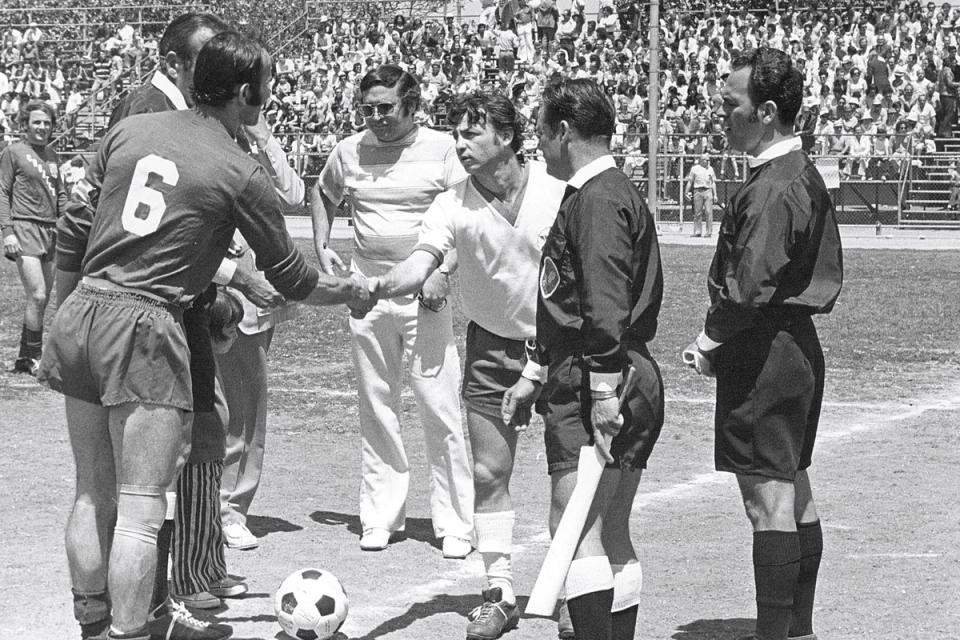
There’s no doubt about Maccabee Los Angeles, though, a club formed by Israeli expats, Holocaust survivors among them, who dominated the 1970s and early 80s with five championships.
The Philadelphia Ukrainians have four titles to their name (all earned in the 1960s) as do the New York Greek Americans, heroes of Metro NYC’s Cosmopolitan League, formerly the German-American League, which dominated American soccer in the years after the folding of the original North American Soccer League in the middle 1980s and the founding of MLS in 1996.
The winner of each year’s Lamar Hunt U.S. Open Cup earns a direct berth to the CONCACAF Champions League. That’s North, Central America and the Caribbean’s pre-eminent club competition (renamed from the CONCACAF Champions Cup in 2008, which fielded Open Cup winners – often amateur sides – since back in 1962).
That continental berth creates a direct road for an Open Cup winner to the FIFA Club World Cup – as the winner of the CONCACAF Champions League qualifies directly for the global club showcase.
Four-time Open Cup winners, the Seattle Sounders, became the first American team to reach the FIFA Club World Cup in 2023 after winning the CONCACAF Champions League for 2022.
The Open Cup is a single-elimination tournament, with its early stages played in a regional format due to the complications and cost of travel in a country as large as ours. Each game requires a winner, and unlike our English cousin, the FA Cup, there are no replays should a game finish tangled.
From the earliest rounds on up through the Final, any game that finishes tied after 90 minutes goes on to 30 minutes of extra-time and then, if needed, kicks from the penalty mark.
Needing a winner in every game, shootouts are common in the Open Cup. All Open Cup games are played at the home field of one of the involved teams. That includes the Final, with the host determined each year by an official Hosting Priority Draw prior to the Semifinal Rounds.
In the post-1995 Modern Era, numerous American stars have lifted the Open Cup trophy. There’s Landon Donovan and Cobi Jones with LA Galaxy, and DaMarcus Beasley with four-time champions Chicago Fire. The Seattle Sounders have seen Clint Dempsey and Kasey Keller lift American soccer’s oldest prize, while U.S. international star John Harkes hoisted it in the early years of Major League Soccer with powerhouse-of-the-era D.C. United.
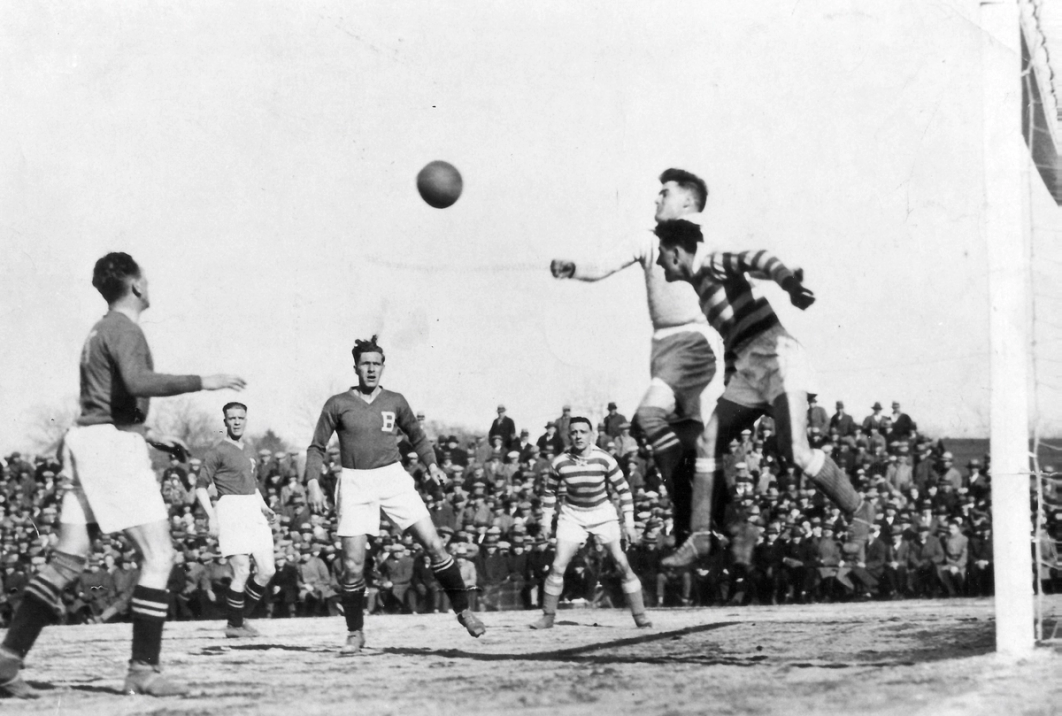
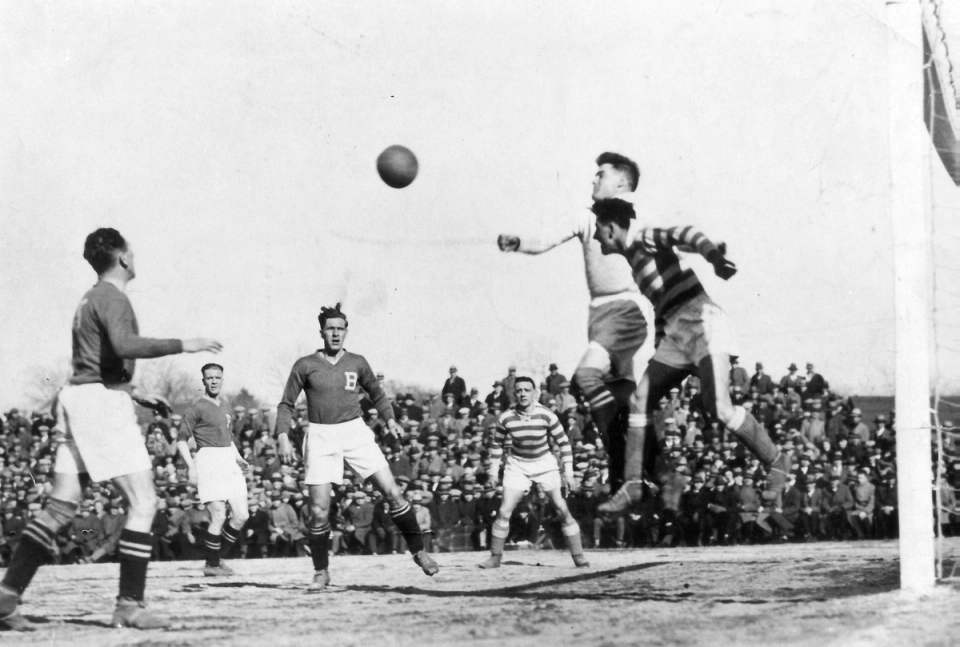
In the old sepia-tinted days of yore, Massachusetts-born Billy Gonsalves, once called the ‘Babe Ruth of American Soccer’ and coveted by overseas clubs, was an eight-time winner. His former USMNT and FIFA World Cup mate, Bert Patenaude, scorer of the first-ever World Cup hat-trick was another well-known Open Cup champion. So were Archie Stark and Jimmy Lawson of Bethlehem Steel.
As for foreign-born champions, there’s a bunch. Obafemi Martins, Peter Nowak, Marco Etchevery, Hristo Stoichkov and Jaime Moreno are all recent Open Cup winners.
Name another American team sports competition that provides a pathway for amateurs and pros – and all points in between – to meet in direct competition for a national title. There’s no rush, we’ll wait.
Throughout the tournament’s history, its open design has set the stage – much like England’s FA Cup – for any old dog, no matter how humble, to have his day. And since the onset of the tournament’s Modern Era, the hits have kept on coming. The Rochester Rhinos win in 1999, in which they beat four MLS teams, was a touchstone event. But each year – without fail – amateur teams beat professional teams and lower-league pros get the better of MLS’ first-tier stars.
The Open Cup is proof positive of the notion that anyone, on any given day, can do the improbable.
Only once since 1996, and the inception of MLS, has a team from below the summit of the U.S. soccer pyramid won the competition. Rochester’s Rhinos beat four MLS teams to claim the crown in 1999.
The Charleston Battery, then of the second division, reached the Final in 2008 and as recently as 2022 Sacramento Republic, a second-tier team from California’s capital who were twice denied entry by the powers that be in Major League Soccer, beat three top-tier sides and finished runners-up to Orlando City.
That same year, third-division Union Omaha beat two MLS teams to reach the Quarterfinals
While we don’t yet know who the underdog heroes of the 2023 tournament will be, you can rest assured that upsets will happen. Teams with no earthly chance on paper will beat back their so-called betters. We're not going out on a limb here as we’ve got history, 109 years worth of it, backing us up.
Jonah Fontela is editor-in-chief of usopencup.com. Follow him at @jonahfontela on Twitter.